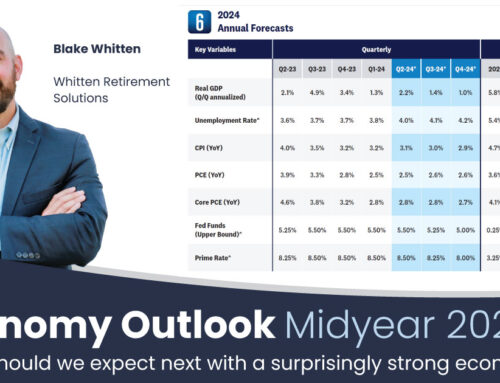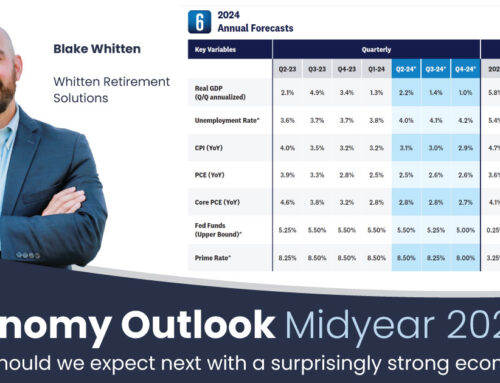As graduation approaches, it’s time to start thinking about your finances for the day after they hand you a diploma.
The period before graduation is an opportunity to prepare for the numerous changes coming your way. You may be focusing on your first job, but you’ll need to manage your money no matter where you end up. Starting now will ease the transition to living on your own.
Anticipate your budget percentages. While you may not know what you’ll earn from your first job, you can make some plans about how you’ll spend it. Consider allocating 50% of your income to food, rent, utilities, and other non-discretionary expenses, 30% to what you want, and 20% to savings and debt repayment. You can tweak these percentages to fit your circumstances.
Plan your retirement savings first. It may seem counterintuitive, but its important to start saving early and regularly to work toward a comfortable retirement. You’ll want to consider an Individual Retirement Account (IRA) as soon as you begin earning income and earmark for it the first 5% to 10% (if possible) of your salary each month. Your goal is to contribute the maximum amount permitted each year. Your financial professional can help you decide between a 401(k), traditional IRA, a Roth account, or a combination of both, as well as how to allocate your savings to various types of investments.
Prepare to repay your student loans. Federal student loans are automatically deferred for six months after you graduate.1 You may decide to pay interest during this grace period to avoid additional compounding. Read up on your repayment options to see if you qualify for income-based payments, which could reduce your monthly bill. If you have private student loans or a mix of federal and private, you might want to consolidate them. Once again, a financial professional can help you plan how to tackle this expense.
Set up an emergency fund. Surprises are a part of life. Preparing an emergency fund is an excellent way to deal with unexpected expenses. A realistic starting goal is to save at least $1,000 and keep it in an insured savings account at a bank or credit union. Eventually, you’ll want to fatten the fund so it covers four to six months’ expenses.
The changes will be coming fast. You’ll have a lot on your plate after graduation. Your family and friends can offer advice, but a financial professional has the knowledge and experience to help you get on the right path from the start. Contact me if you’d like to begin planning your financial future now, and let’s make your upcoming transition as smooth as possible.






